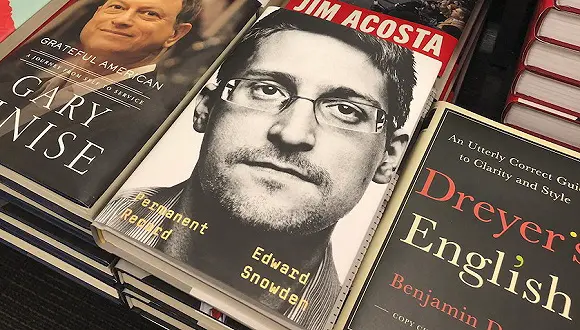Russian President Vladimir Putin urged the country on Monday to ratchet up a fight against terrorism and extremism, saying radicals still have the chance to endanger civilians.
"The situation remains complicated, with the terrorist underworld still retaining, despite serious losses, the possibility of committing terror attacks against civilians," Putin told an expanded Federal Security Service (FSB) meeting.
He recalled the terrorism bombings in the southern city of Volgograd late last year, which claimed at least 34 lives and injured over 70 others.
Radical groups, Putin said, would not only emerge in North Caucasus, but also move into other regions of the country, and would try to "provoke inter-ethnic and inter-religious conflicts."
The president said he was concerned about the fact that some nationals from Russia and other Commonwealth Independence States (CIS) countries had been recruited by terrorists and were fighting in Afghanistan, Syria and other regions.
"There is every reason to believe that they may later be used against Russia and our neighbors in the CIS. We should be ready for that and have the entire arsenal of preventive measures," he said.
Putin urged the FSB to toughen security of domestic information resources.
"It is needed to tighten security of domestic information resources, communications lines, databases of bodies of power and management that contain state secrets," the Interfax news agency quoted him as saying.
He said Russian secret services had exposed activities of 46 professional foreign spy service officers and 258 agents in 2013.
"The current situation requires a dramatic increase of quality of fieldwork and analysis," he said, adding the country should boost efficiency of counterintelligence operations, including their technological component.
On the non-governmental organizations (NGOs) issue, Putin insisted that Russia had created all conditions for "transparent and unimpeded" operations by the NGOs.
Meanwhile, he said Moscow would never allow their use for "destructive purposes."
He specially noted that in Ukraine "nationalistic and neo-Nazi structures and militants, who have become the assaulting force for the state anti-constitutional revolt, were financed from abroad, along NGO channels to a large extent."
An increasing number of the NGOs across Russia were forced to register as "foreign agents" in 2013 under a controversial federal law.
Critics accused Moscow of discrediting the NGOs and hindering their work, while Kremlin said some NGOs were involved in political activities and attempted to shape public opinions.
 简体中文
简体中文

